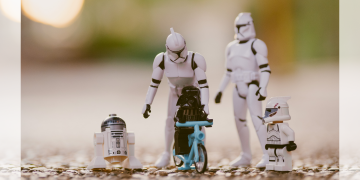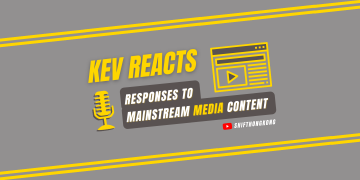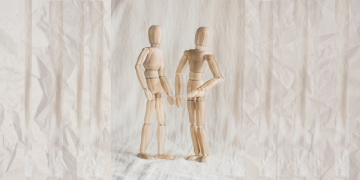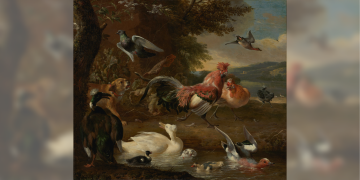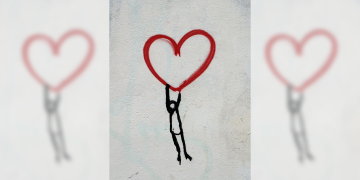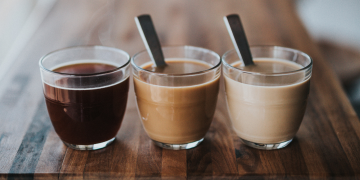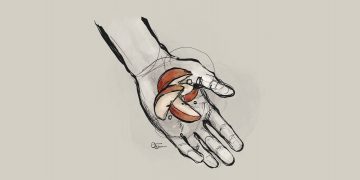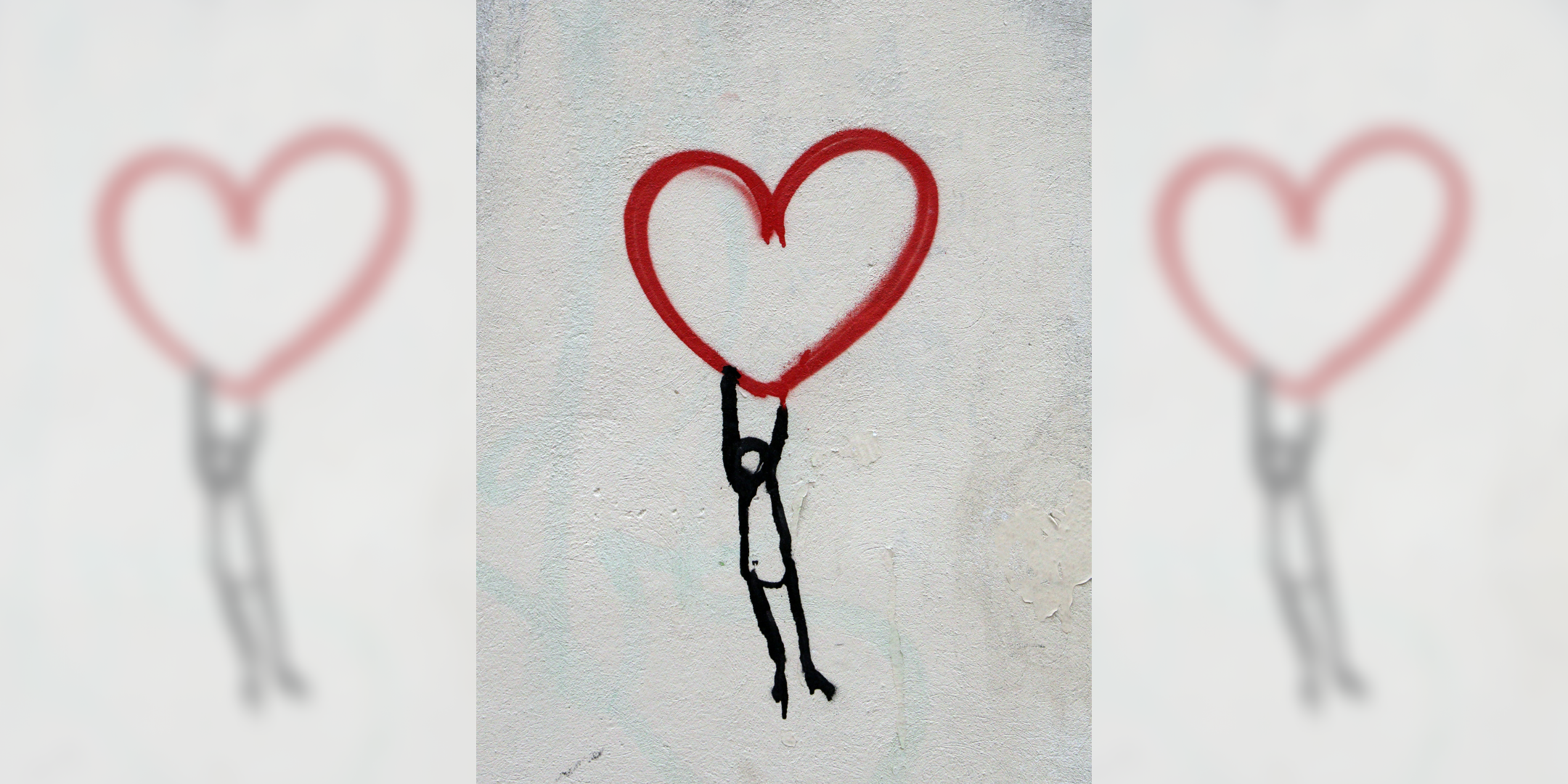Coffee, social media, Netflix, sugar… there are many things we know are bad for us, yet feel impossible to resist when a craving is strong. Of course, we don’t feel too guilty binging a whole K-drama in one night or eating an entire pack of Oreos when we know it isn’t something we do daily. But there could be something you’re addicted to that isn’t as tangible or easy to track – something influencing the way you think, the way you use your phone, the types of shows you like, and even the way you look at other people… and that is an addiction to love.
It might look like constantly falling in love with the wrong person or the emotionally unavailable person. Or it could look like constant daydreaming, fantasizing, and storytelling of love from the past. Love addiction can be so intense and its behavior so obsessive that it qualifies as an actual addiction. It often has its origins in childhood, when a little girl fantasizes of her knight in shining armor – that fantasy filling up a hole in her life, that dream of someone who will save and rescue her. And this usually happens when a child has a less than nurturing relationship with their primary caregivers.
Love addiction can be so intense and its behavior so obsessive that it qualifies as an actual addiction. It often has its origins in childhood … And this usually happens when a child has a less than nurturing relationship with their primary caregivers.
Our fantasies can be impressive with vivid pictures from a young age, and then seeing a person we like later in life can reawaken some of those images or feelings, allowing those endorphins and “feel good” emotions to take over.
This can happen in both men and women. But the love addict who craves intimacy with such intensity often finds themselves attracted to someone less available and less intimate – someone avoidant of love, who craves intensity without intimacy. These avoidants love drama, excitement, and so forth. But when the going gets tough or the love addict gets needy or clingy, the love avoidant partner is usually out of there, which leaves the love addict left feeling alone, empty, and often very angry.
The love addict who craves intimacy with such intensity often finds themselves attracted to someone less available and less intimate – someone avoidant of love, who craves intensity without intimacy.
Dependency needs are typically formed in childhood, where one’s needs are expected to be met with enough love and attention from caregivers to feel connected, accepted, and worthwhile. But when a child doesn’t feel “worth it” to their caretaker, that often translates in their mind as “I’m unlovable.”
So, we have a belief that romantic relationships are needed in order to feel whole, which is reinforced by culture, media, the internet, and even some church communities. The truth is, there are many “right ones” out there for us. But relationships are more about how we can meet the needs of another person, get our own needs met, and show up authentically.
This can be difficult for someone with low self-worth, who may seek a relationship with someone else to heal the messed up relationship with themselves. And this puts a lot of unreasonable expectations onto the relationship. These caretaking fantasy cravings of unconditional love and expectations are very rarely met in reality with another fallen, imperfect person. We crave the type of unconditional acceptance in a boyfriend or girlfriend that ultimately only God can give.
These caretaking fantasy cravings of unconditional love and expectations are very rarely met in reality with another fallen, imperfect person. We crave the type of unconditional acceptance in a boyfriend or girlfriend that ultimately only God can give.
Still, it’s important not to shame ourselves if we recognize love addiction in our life. We should actually respond with extra compassion, because we’ve likely had to survive realities that were lacking in deep emotional connection while growing up – realities that may have been intolerable if not for the hijacking of our own brain chemistry to take ourselves out of uncomfortable feelings of neglect.
But we miss out if this becomes our main way of experiencing love… (Continue in Part 2)












